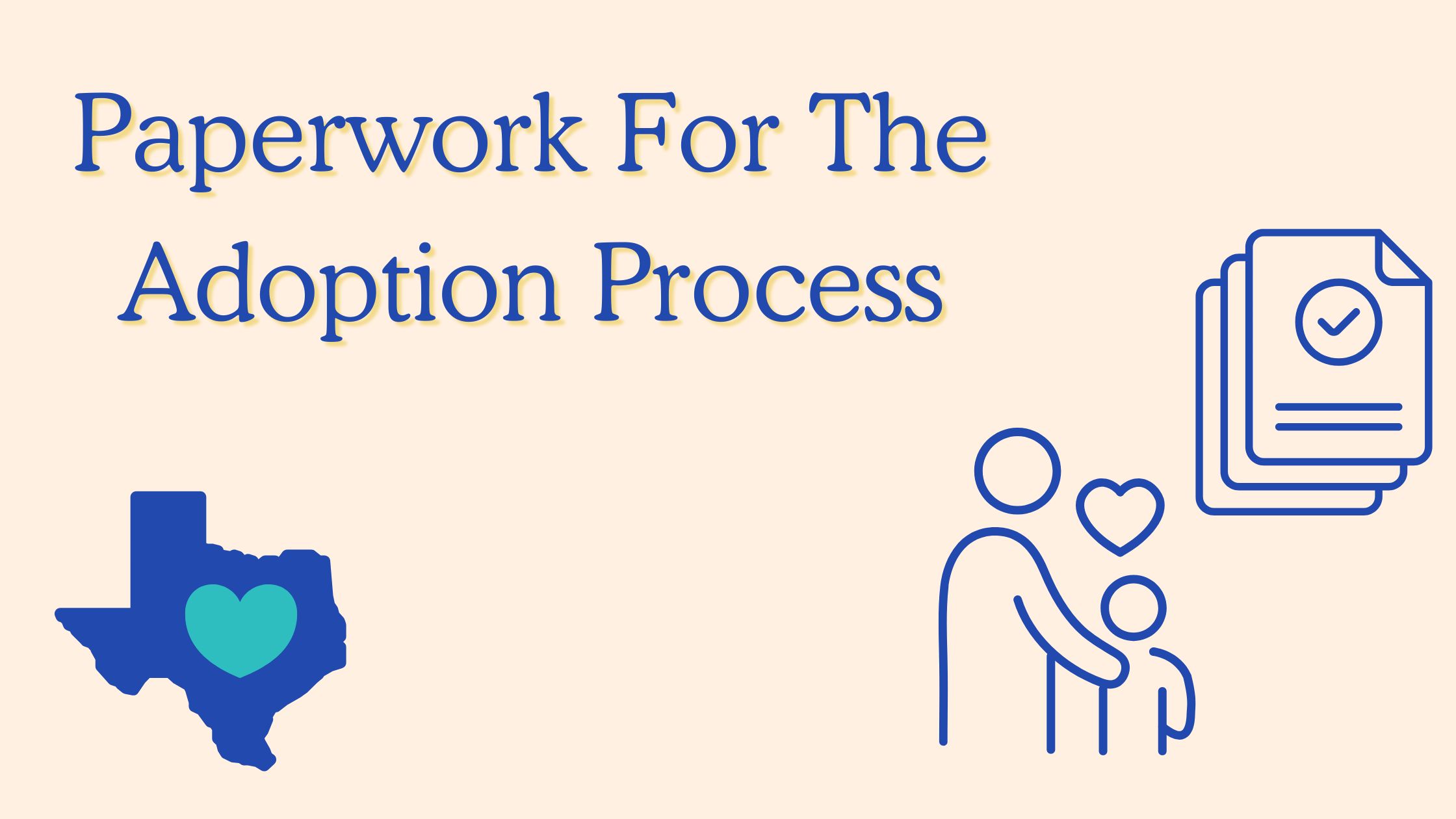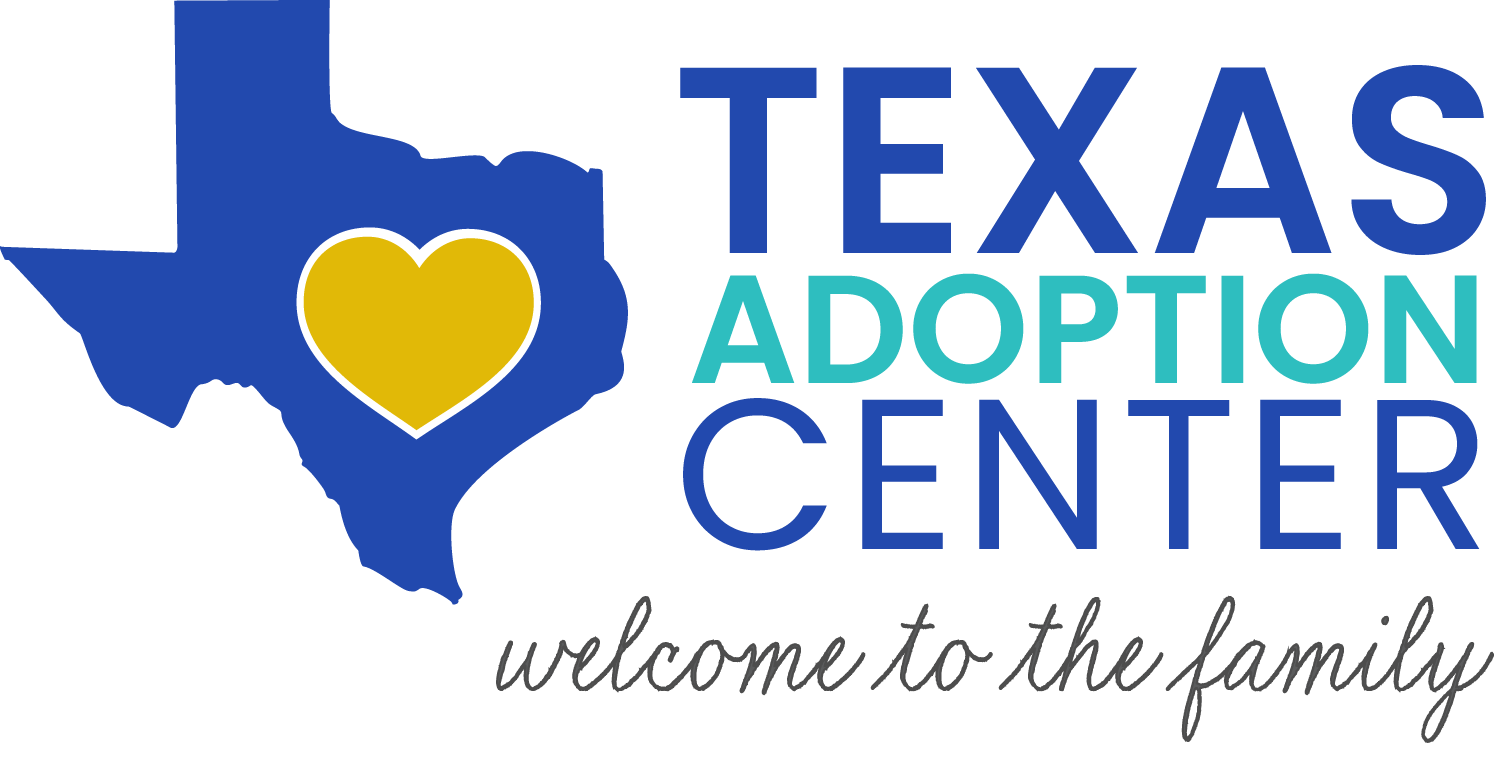
Adoption is both an emotional process and a legal process. There are consent forms, medical forms, financial forms, and more to consider. Though the bulk of the paperwork is for the adoptive parents, the expectant mother also has legal requirements to fulfill.
This guide will explore the adoption process, paperwork for all parties and answer the most common questions.
The Adoption Journey: More Than Just Paperwork
While adoption paperwork is an essential part of the process, it’s only one piece of a much bigger journey. It’s one that begins long before any documents are signed. For birth mothers, adoption is a deeply personal decision rooted in love, reflection, and the hope of giving their child the best possible future.
Adoption Is Your Choice
Facing an unplanned pregnancy can feel overwhelming, but you are not alone. You have the right to take your time, ask questions, and seek support. Whether you’re considering parenting or placing your child for adoption, it’s important to listen to your instincts and gather information without pressure.
Adoption professionals at Texas Adoption Center are here to walk beside you, not ahead of you. We can help you weigh your options, connect you with other birth mothers, and provide emotional and practical support at every turn.
The Mental and Emotional Journey
Before paperwork begins, many birth mothers spend time journaling, making lists, and reflecting on the pros and cons of each option. Adoption can bring hope and peace, but it can also stir up sadness, uncertainty, or fear. These emotions are normal. That’s why support matters. Talking with a trusted friend, family member, or someone who has placed a child for adoption can help you feel seen and less alone.
Joining a support group or speaking with a licensed counselor can also make a difference. Many birth mothers find healing in connecting with others who understand their experience. Whether online or in person, the right community can help you process your feelings, find clarity, and build confidence in your decision.
No matter what path you choose, your thoughts and feelings deserve respect and are valid. Adoption paperwork only becomes relevant once you are ready. Until then, your focus can be on understanding your options, getting the support you need, and making the best possible choice for the future of yourself and your child.
Domestic Adoption Paperwork
Before we get started, it’s important to understand that these are the steps needed to adopt a child domestically within a specific state (in this case, the state of Texas). International adoption (also known as intercountry adoption) follows a different path.
Foster parents (those caring for children in the foster care system) may also follow a different paperwork path, as foster-to-adopt requires different legal papers to complete. It’s important to understand the type of adoption you’re involved in. From now on, we’ll be discussing the essential documents and steps involved with domestic infant adoption through a licensed child placing agency in the state of Texas.
Adoption involves a range of legal and administrative documents that ensure the process is safe, ethical, and in the best interest of the child. Both birth parents and adoptive parents must complete specific paperwork at various stages of the adoption process. Below is an expanded overview of the most important documents required.
Together, the following documents ensure that the adoption is handled with care, legality, and thoroughness, protecting the rights and emotional well-being of all parties involved.
For Birth Parents
For expectant mothers, the most important adoption forms are the consent to adoption and a medical/social history.
Consent to Adoption (Affidavit of Voluntary Relinquishment)
This is a critical legal document where the birth mother, or in some cases, both birth parents, voluntarily give up their parental rights. In Texas, the affidavit cannot be signed until at least 48 hours after the child is born, ensuring that the decision is made without pressure or haste. The affidavit must be signed before a notary and two witnesses and is irrevocable once it has been executed.
Medical and Social History Report
Birth parents usually complete a detailed report that outlines the child’s medical, genetic, educational, and social background. This report is used to inform adoptive parents of any hereditary conditions or health risks.
Information could include blood-related family members who developed diabetes or heart issues. The information can be invaluable for future medical care for mental and physical health as the adopted child grows.
For Adoptive Parents
For prospective parents, there are quite a few important forms to file.
Petition for Adoption
This formal legal document is filed with the appropriate district court to begin the legal process of adoption. The adoption petition outlines the adoptive parents’ intent and their relationship to the adoptive child (if any).
Home Study Report
Conducted by a licensed social worker, the home study assesses the physical home, lifestyle, relationships (including marital status), financial stability, and emotional readiness of the adoptive family. It includes interviews, home visits, references, and a review of supporting documentation. Approval of the home study is typically required before placement.
Criminal Background Checks
Every adult living in the adoptive home must undergo thorough background screenings. These checks review criminal records and child abuse or neglect histories to ensure a safe environment for the child.
Proof of Residency
Adoptive families must submit documents, such as a lease agreement, mortgage statement, or recent utility bill, to verify that they have a stable and suitable home for a child.
Financial Statements and Medical Records
To demonstrate financial stability, adoptive parents are required to provide recent tax returns, pay stubs, and/or bank statements. This helps confirm they can support the child’s ongoing needs and provide a stable environment.
Statements from physicians or healthcare providers may be required to ensure that the adoptive parents are physically and mentally capable of parenting. This includes general health assessments and any relevant mental medical conditions.
Post-Placement Supervision Reports
After the child is placed with the adoptive family, a series of supervised home visits take place. These reports, compiled by a social worker, assess the adjustment and well-being of the child and family. These must be completed before the court grants final approval of the adoption.
Final Decree of Adoption
This is the legal ruling from the court that completes the adoption process. Once issued, it formally grants all legal parental rights and responsibilities to the adoptive parents.
The Need for Adoption Professionals
The adoption process is complicated, and no two adoptions are exactly alike. To correctly navigate this process, it’s best to work with licensed adoption professionals. Typically, an attorney will be involved. Failure to follow local laws and procedures can lead to delays or, in some cases, the court may deny the adoption entirely.
At Texas Adoption Center, we believe that informed, supported decisions are empowered decisions. We’re here to guide and to walk with you every step of the way.
Frequently Asked Questions
How to get adoption papers in Texas?
Birth mothers and prospective adoptive parents can read the adoption information available through the state of Texas.
What are the steps of the adoption process?
The adoption process involves several thoughtful and legal steps. First, you’ll explore your adoption options: open, semi-open, or closed. Then, you’ll choose an adoption agency or professional to guide you through creating a personalized adoption plan, selecting an adoptive family, and preparing for your hospital stay.
After the baby is born, you’ll wait at least 48 hours before legally signing adoption documents. Communication with the adoptive family will depend on the type of adoption you’ve chosen. Post-placement emotional support and counseling are available to help you heal and adjust. Every journey is unique, but you’re never alone.
What is the difference between open, semi-open, and closed adoption?
As you consider adoption, it’s important to understand the different levels of contact you can have with your child and the adoptive family. In an open adoption, you can stay in touch with the adoptive family through visits, phone calls, texts, or photo updates, whatever feels right to you. A semi-open adoption means you can still receive updates, but communication goes through an agency or adoption specialist, keeping your personal information private.
In a closed adoption, there is no contact after placement, and no identifying information is shared between you and the adoptive family. The choice is completely up to you, and your adoption specialist can help you decide what level of openness you’re most comfortable with.
Is the decision final?
To complete the adoption, a birth mother must sign a Relinquishment of Parental Rights affidavit, which is irrevocable in the State of Texas. Because adoption is final, it’s essential to take the time to fully explore your options before making a decision.
That’s why adoption planning is so important. By working closely with an adoption specialist, you can create a thoughtful adoption plan, ask questions, and ensure this path is truly right for you. While post-adoption nerves are completely normal, having a strong plan and a clear understanding of your rights as a birth mother can bring peace of mind.
What services does Texas Adoption Center provide?
Texas Adoption Center provides comprehensive adoption services for expectant mothers, birth families, and adoptive families. Support includes unplanned pregnancy counseling, financial assistance, help with transportation and housing, medical care coordination, health insurance guidance, home study support, adoptive family matching, and placement services—all designed to ensure a respectful, caring, and supportive adoption experience. Need a caring team to talk to about your situation? We’re here to help.






